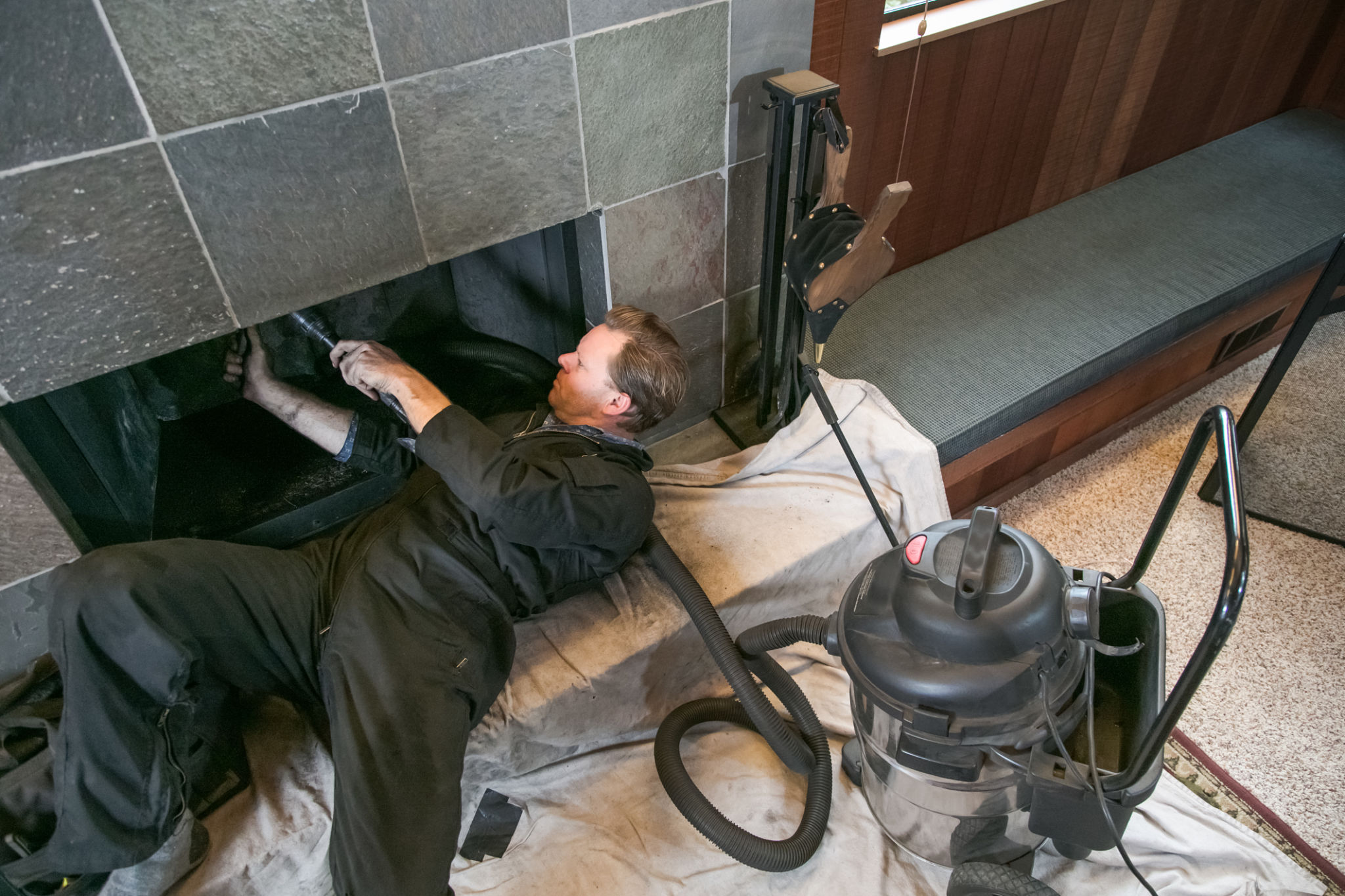How Local Weather Affects Your Gas Fireplace Performance in Charlotte
Understanding the Impact of Weather on Gas Fireplace Efficiency
Charlotte's climate is characterized by its distinct seasons, ranging from warm, humid summers to mild, chilly winters. This variability in weather can significantly impact the performance of your gas fireplace. Understanding these effects can help you optimize its efficiency and ensure that it functions reliably throughout the year.
Gas fireplaces are a popular choice for homeowners in Charlotte due to their convenience and efficiency. However, their performance can be influenced by external weather conditions. Different weather patterns demand different maintenance and operational considerations to ensure your fireplace operates at its best.

Humidity and Its Effects on Gas Fireplaces
One of the most significant weather-related factors impacting gas fireplaces in Charlotte is humidity. High humidity levels, common during Charlotte's summer months, can affect the efficiency of your fireplace. Moisture in the air can impact the combustion process, potentially leading to incomplete burning of gas. This not only reduces heat output but can also increase the risk of soot build-up.
To mitigate these issues, it's essential to conduct regular maintenance checks. Ensuring that your gas fireplace is properly vented and that all components are clean and functioning correctly can help maintain optimal performance, even during humid periods.

Cold Weather and Increased Demand
During the colder months, Charlotte residents rely more heavily on their gas fireplaces to keep their homes warm. However, cold temperatures can also pose challenges. The increased demand for heat can strain your fireplace system, and if not properly maintained, this can lead to issues such as decreased efficiency or even system failures.
Regular inspection and servicing of your gas fireplace before the onset of winter can help prevent these problems. Checking for any signs of wear and tear, ensuring proper ventilation, and cleaning the burners are all crucial steps to take before the cold sets in.
Wind and Its Influence on Ventilation
Wind is another weather element that can affect gas fireplace performance. Strong winds can disrupt the ventilation system of your fireplace, leading to issues such as backdrafts or inefficient burning. This can result in heat loss or even pose a safety risk if exhaust gases are not properly vented outside.
To combat this, consider installing wind-resistant features or adjusting the placement of your venting system to minimize wind interference. Regularly checking and cleaning your vents can also help ensure they remain clear and functional.

Preparing for Seasonal Changes
As the seasons change in Charlotte, preparing your gas fireplace accordingly can help maintain its performance. This includes adjusting settings to accommodate temperature fluctuations and ensuring that all components are in good working order.
- Schedule regular maintenance checks to identify potential issues early.
- Adjust thermostat settings to align with seasonal temperature changes.
- Clean your fireplace regularly to prevent soot and debris buildup.
By staying proactive about these adjustments, you can enjoy a cozy and efficient heating experience all year round.
Conclusion: Maximizing Gas Fireplace Performance
The local weather in Charlotte plays a crucial role in how well your gas fireplace performs. By understanding the effects of humidity, cold temperatures, and wind, you can take steps to ensure it operates efficiently regardless of the season. Regular maintenance and adjustments tailored to weather conditions will keep your gas fireplace functioning smoothly, providing warmth and comfort throughout the year.
